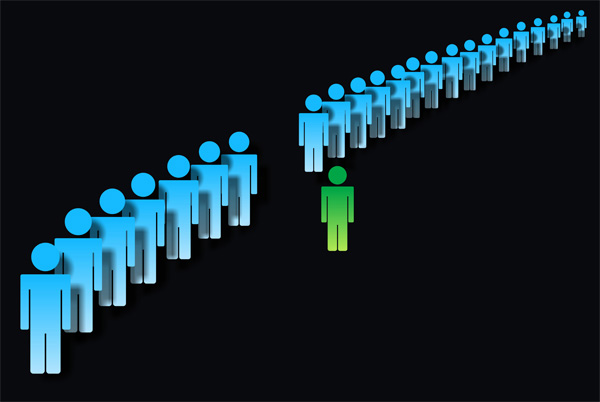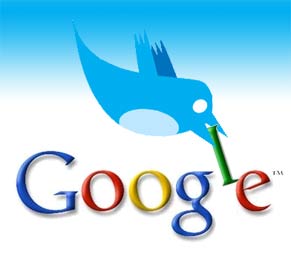We have all seen Google Wave and Google Buzz, and probably have concluded that Google won't be able to leverage its email-driven social graph through features. They need to come up with thicker value and attempt to solve a problem, which neither Wave nor Buzz really did.
Enter Google+. At first glance, it looks like Google decided that the soft belly of Facebook is its rapidly diminishing context: bundling your college buddies, collagues, family and acquaintances together. Add to that the very different usage of the platform in non-US geographies (read: primarily dating and mating), it seems very sensible to build a publishing platform to let you narrowcast content and online social interaction to carefully crafted buckets of relationships. That's my read on Google+.
To me, this decision is very distinctive by the fact that it is exactly the opposite path of Twitter. There must have been countless meetings at the Google Corporate Development group about Twitter. For a while, Twitter looked like a fairly low-price ticket for Google to bolster its own social graph. However, Twitter's one-way, follow model must have not fit Google's strategy, seeing they are going in the opposite direction. Deep vs. broad.
I have not had a chance to use Google+. I think the premise it holds out is interesting and valuable. I do think there will be big pressure on the user experience for it to deliver its promise. The smart grouping of relationships and the implicit extraction of context will ve critical. I noticed that Gmail rolled out a people feature next to email messages that seems to work very well. This is a technology challenge and that is not an area Google is weak in.
I am keen to see if Google will be able to turn its deep UX assets and talent into a seamlessly usable social sharing tool with Google+, or if it will join the list in the first sentece of this post.
UPDATE: Liz Gannes's post today is not too promising on Google's initial UX attempt. Now I am more curious.


